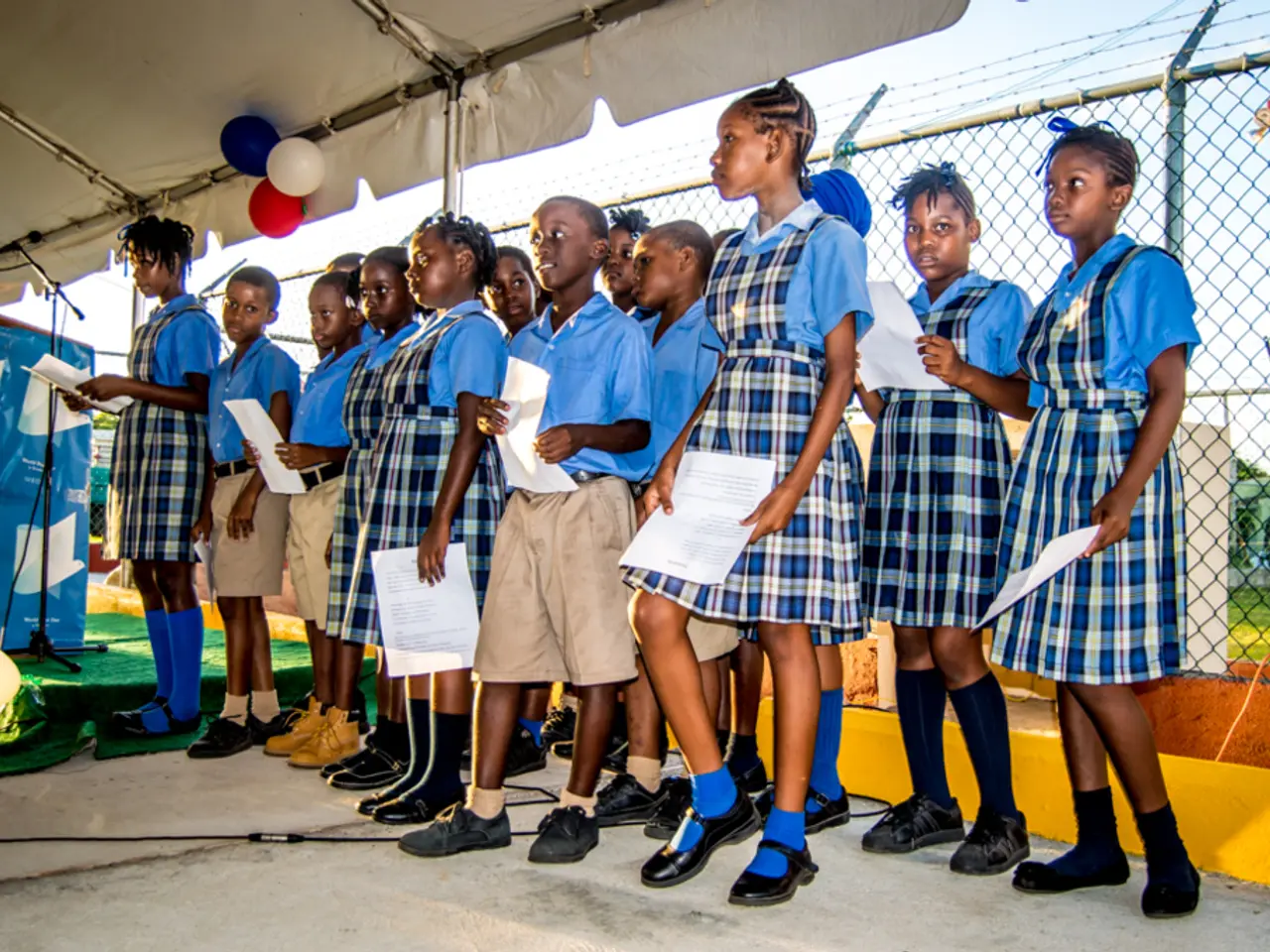Escalating School Board Drama Carries High Stakes for Washington Families
In the past 18 months, school board meetings across 30 states have transformed into battlegrounds for contentious debates. These discussions have revolved around a wide range of issues, including race, religion, book bans, immigration, vaccinations, critical race theory, and LGBTQ+ rights.
According to an investigation by ProPublica, nearly 90 violent incidents at these meetings have occurred, leading to 59 arrests. This turbulence is not limited to disagreements, as more than 50 officials and school board candidates were arrested in the same period due to allegations of fraud, corruption, and election-related offenses.
The turmoil at school board meetings has prompted a response from lawmakers. House Bill 2331, for instance, prohibits bans on materials by or about a protected class.
School board members play a crucial role in education governance. They are tasked with establishing policies, approving budgets, and overseeing the work of the superintendent to ensure that every decision made puts students first. The Washington State School Directors' Association Guide emphasizes the importance of prioritizing decisions that benefit students.
Dr. Leighton Thomas, a candidate for the North Kitsap School Board, underscores the significance of an open mind in a board member. This openness is essential for navigating the complex and often divisive issues that school boards face.
The controversy over educational materials is not confined to the East Coast. The American Civil Liberties Union (ACLU) reports that at least five western Washington boards have debated banning more than 40 books.
Despite the challenges, voter turnout for school board elections remains low. Only 5 to 10 percent of voters show up to cast their ballots, leaving the future of education governance in the hands of a small fraction of the community.
As the landscape of school board meetings continues to evolve, it is crucial for voters to stay informed and engaged in the democratic process. The decisions made by school boards have a direct impact on the education and well-being of our children, making it essential for all voices to be heard.




